Why Avilamycin poses no risk to human antimicrobial resistance
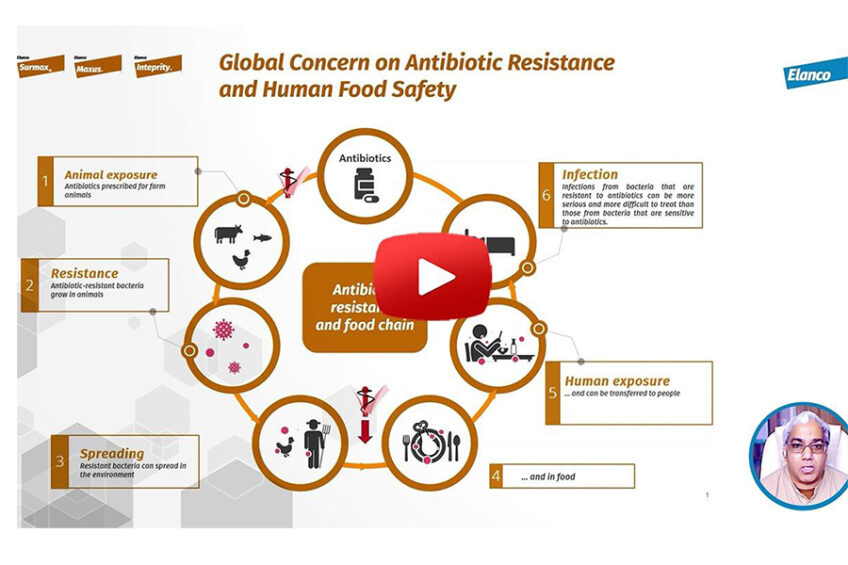
In the 5th video from the new series, we will learn why Avilamycin poses no risk to human antimicrobial resistance.
In the global debate on antibiotic resistance (AMR) and human food safety, the concern is that the use of antibiotics in food animals will result in resistance development in bacteria in the animal. These bacteria may then go through the food chain and cause infections in humans, which cannot then be treated due to antibiotic resistance. The global institutions, such as the WHL, the OiE, and the FAO prescribe a risk assessment pathway to determine the risk of antibiotic resistance to human health as a result from the antibiotic use in food animals.
Bacteria species
There are 4 bacteria species that have been identified that are of concern with respect to antibiotic resistance development in food animals that can transfer via the food chain. These are the two foodborne pathogens, Salmonella and Campylobacter, and the 2 commensal organisms, E. coli and Enterococcus.
Each antibiotic class is very different and to understand the risk to human health as a result of resistance development, we need to consider the particular mechanism of resistance, as well as the use of that particular antibiotic class in human medicine.
Antibiotic resistance
Antibiotic resistance can be of 2 types: intrinsic and acquired. Firstly, intrinsic resistance. Some bacteria are naturally non-susceptible to an antibiotic class, and this is called intrinsic resistance. Intrinsic resistance does not develop due to antibiotic use over time. For example, the E. Coli cell wall is impermeable to penicillin, rendering the bacteria, and naturally resistant to penicillin.
When we talk about acquired resistance, this can occur in one of two ways. Either because of chromosomal mutations or by the acquisition of external mobile DNA, which carries antibiotic resistance genes.
When assessing Avilamycin use in the context of antibiotic risk assessment in humans, 3 of the 4 bacterial species, Salmonella, Campylobacter, and E. Coli are naturally intrinsically resistant to Avilamycin. We only need to consider Enterococcus in this debate.
Assuming resistance to Avilamycin was to develop in Enterococcus during Avilamycin use in food animals. That Enterococcus was then to go through the food chain and cause a human infection. This will not have an impact on the treatment outcome of that enterococcal infection in humans.
Animal only antibiotic
The reason is that Avilamycin belongs to the orthosomycin class of antimicrobials, which are not used in human medicine. As such, resistance to Avilamycin in Enterococcus will not compromise human enterococcal treatment with antibiotics already approved for human use. The risk assessment concludes that the use of Avilamycin as an animal only antibiotic in food animals does not compromise human antibiotic treatment programmes. This makes Avilamycin the first and responsible choice of antibiotic use in food animals for necrotic enteritis (NE) control in poultry.
Take a look at the previous 3 videos from the series
- Video 2: Risk control strategies
- Video 3: Understanding the novel double mechanism action of Avilamycin
- Video 4: Efficacy of long term use of Avilamycin in broiler production
Join 31,000+ subscribers
Subscribe to our newsletter to stay updated about all the need-to-know content in the poultry sector, three times a week. Beheer
Beheer
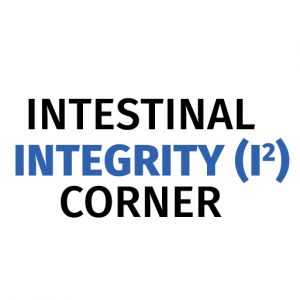
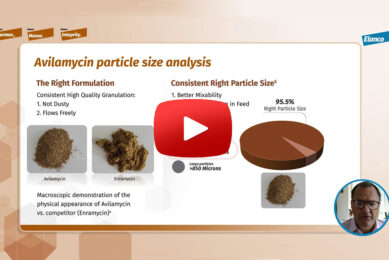
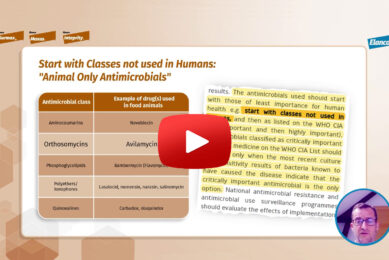
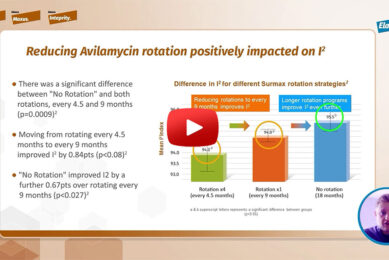
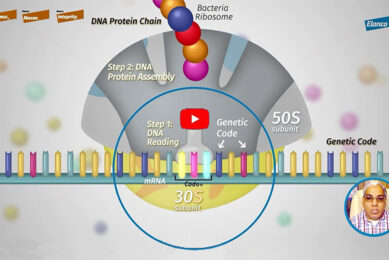
 WP Admin
WP Admin  Bewerk bericht
Bewerk bericht